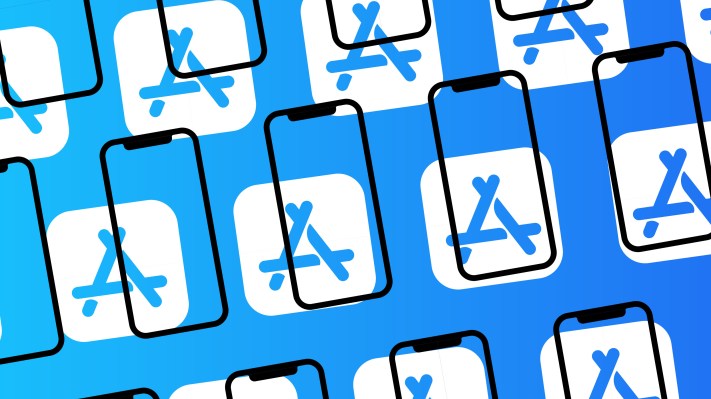Following a court order, developers working on dating apps don’t have to use Apple’s in-app purchase system in the Netherlands. And because those purchases aren’t handled by Apple, the company doesn’t take its usual 30% cut on digital purchases. But developers who use a third-party payment system still have to pay a commission. And Apple plans to charge a… 27% commission.
If you haven’t kept track of the Dutch antitrust saga, the Netherlands Authority for Consumers and Markets originally said that Apple was in breach of national competition rules on a very specific case — digital content sold by dating app developers, such as superlikes and boosts.
This represents yet another threat for Apple’s in-app payment system. In South Korea, Apple agreed to allow third-party payment systems following a new law on digital payments. There are also several ongoing cases in the U.S. and Europe.
As for the Netherlands, Apple has appealed the antitrust ruling, saying that allowing external payments wasn’t in the users’ best interests.
“Because we do not believe these orders are in our users’ best interests, we have appealed the ACM’s decision to a higher court. We’re concerned these changes could compromise the user experience, and create new threats to user privacy and data security. In the meantime, we are obligated to make the mandated changes which we’re launching today and we will provide further information shortly,” the company said last month.
The company doesn’t have much of a choice, as the Netherlands’ competition authority already fined Apple €5 million ($5.7 million) because it missed the first deadline to comply with the court order.
Earlier today, Apple updated its documentation page that explains how developers of dating apps can take advantage of alternative payment systems in the Netherlands. It’s a fairly technical document that explains how developers can offer an alternative payment option.
But it also says that Apple plans to charge a commission to app developers. Essentially, developers get a three percentage point cut on the App Store commission as Apple doesn’t handle transactions. But the company still thinks it’s fare to charge a 27% commission for the various services that it offers:
Consistent with the ACM’s order, dating apps that are granted an entitlement to link out or use a third-party in-app payment provider will pay Apple a commission on transactions. Apple will charge a 27% commission on the price paid by the user, net of value-added taxes. This is a reduced rate that excludes value related to payment processing and related activities. Developers will be responsible for the collection and remittance of any applicable taxes, such as the Netherlands’ value-added tax (VAT), for sales processed by a third-party payment provider.
Every month, app developers will have to send a report of digital sales related to apps hosted on the App Store. After that, Apple will send an invoice related to its 27% commission.
In other words, developers aren’t going to generate a ton of extra revenue by bypassing Apple’s payment system. But that’s not all. There is also some technical overhead with third-party payment systems.
If you’re an app developer with users in multiple countries, which is pretty common with dating apps, you can’t submit the same app binary. Development teams will have to compile and submit two different binaries — a Dutch app and a non-Dutch app.
Apple wants to make it as difficult and expensive as possible to use a third-party payment system. Chances are most developers will just keep using Apple’s in-app purchase API.
“Developers of dating apps who want to continue using Apple’s in-app purchase system may do so and no further action is needed,” Apple writes.
But it feels like Apple is just buying time. The App Store remains under close antitrust scrutiny across various jurisdictions. Apple will find ways to circumvent the first court orders and pro-competition reforms. But regulators will likely get smarter if they really want to lower Apple’s commission on app developers.
